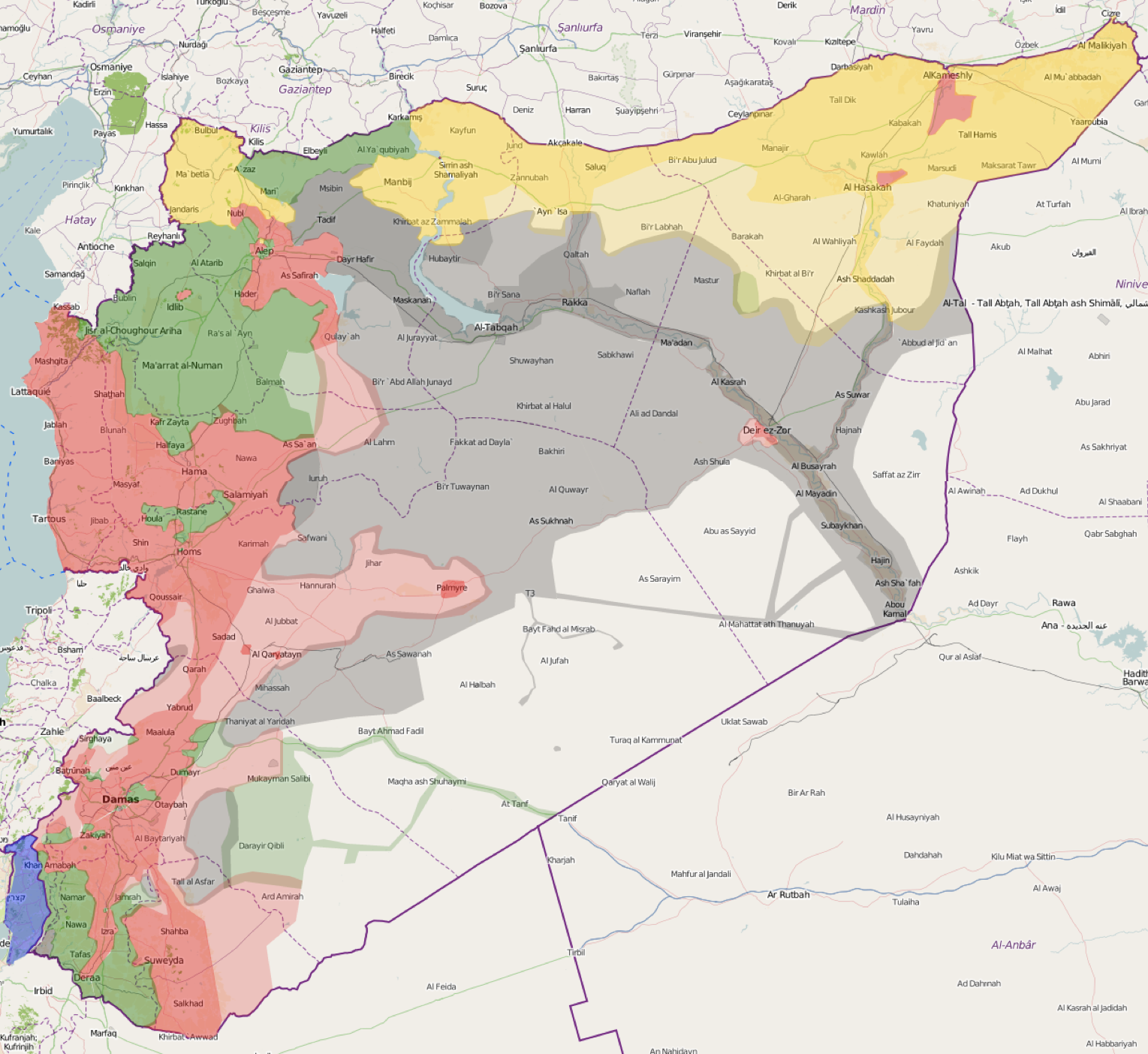The
WIKILEAKS
Public Library of US Diplomacy (PlusD)
holds the world's largest searchable collection of United States
confidential, or formerly confidential, diplomatic communications. As
of April 8, 2013 it holds 2 million records comprising approximately
1 billion words. The collection covers US involvements in, and
diplomatic or intelligence reporting on, every country on earth. It
is the single most significant body of geopolitical material ever
published. The PlusD collection, built and curated by WikiLeaks, is
updated from a variety of sources, including leaks, documents
released under the Freedom of Information Act (FOIA) and documents
released by the US State Department systematic declassification
review.
A
cable from April 2008 gives details about an Israeli operation to
destroy a Syrian nuclear reactor under construction. Three
interesting remarks are:
1st,
the fact that the cable describes that Israel acted without the
permission of the US, 2nd, that the US officials were convinced that
the Syrian government was collaborating with North Korea on building
the reactor, 3rd, that the US officials were convinced that the
reactor would had been used for the production of nuclear weapons.

As
described in the summary, on September 6, 2007, Israel destroyed a
nuclear reactor Syria was clandestinely constructing, we judge with
North Korean assistance. The reactor site was in Syria's eastern
desert region in a location called al-Kibar. On April 24, Executive
Branch officials briefed Congress and the press on evidence that lead
the USG to conclude that the Syrian facility at al-Kibar was a
nuclear reactor being constructed clandestinely, and therefore in
violation of Syria's NPT-required safeguards agreement with the
International Atomic Energy Agency (IAEA).
Some
key parts:
...
the Israeli air force conducted a mission over Syria on September 6,
2007. [...] the purpose of that Israeli mission was to destroy a
clandestine nuclear reactor that Syria was constructing in its
eastern desert near a place we call al-Kibar. The Israeli mission was
successful - the reactor was damaged beyond repair. Syria has
completed efforts to clean up the site and destroy evidence of what
was really there, constructing a new building on the old site.
The
existence of this reactor was dangerous and destabilizing for the
region, and we judged that it could have been only weeks away from
becoming operational at the time it was destroyed by the Israeli air
force.
...
we assessed that once the pumphouse and pipe system were complete in
early August, the reactor could begin operation at any time. Once
operations began, certainly a military option would have been much
more problematic with radioactive material present.
...
we conducted our own intensive internal policy deliberations
regarding what to do about this disturbing and destabilizing
development.
We
discussed policy options with the Israelis, but in the end Israel
made its own decision to destroy the reactor. This decision was made
by Israel alone - they did not seek our consent. Nonetheless, we
understand Israel's decision. Israel saw this reactor, and what Syria
may have intended to do with it, as an existential threat that
required it to act to defend itself.
The
North Koreans have stated that there is no ongoing nuclear
cooperation with any foreign country in violation of applicable
domestic and international laws and treaties, and that there will be
no such cooperation in the future.
North
Korea has agreed to cooperate on verification activities in line with
its past commitments on non-proliferation, including as stated in the
October 3, 2007, agreement, and to provide additional explanations as
necessary.
Full
cable:
Comments
Post a Comment